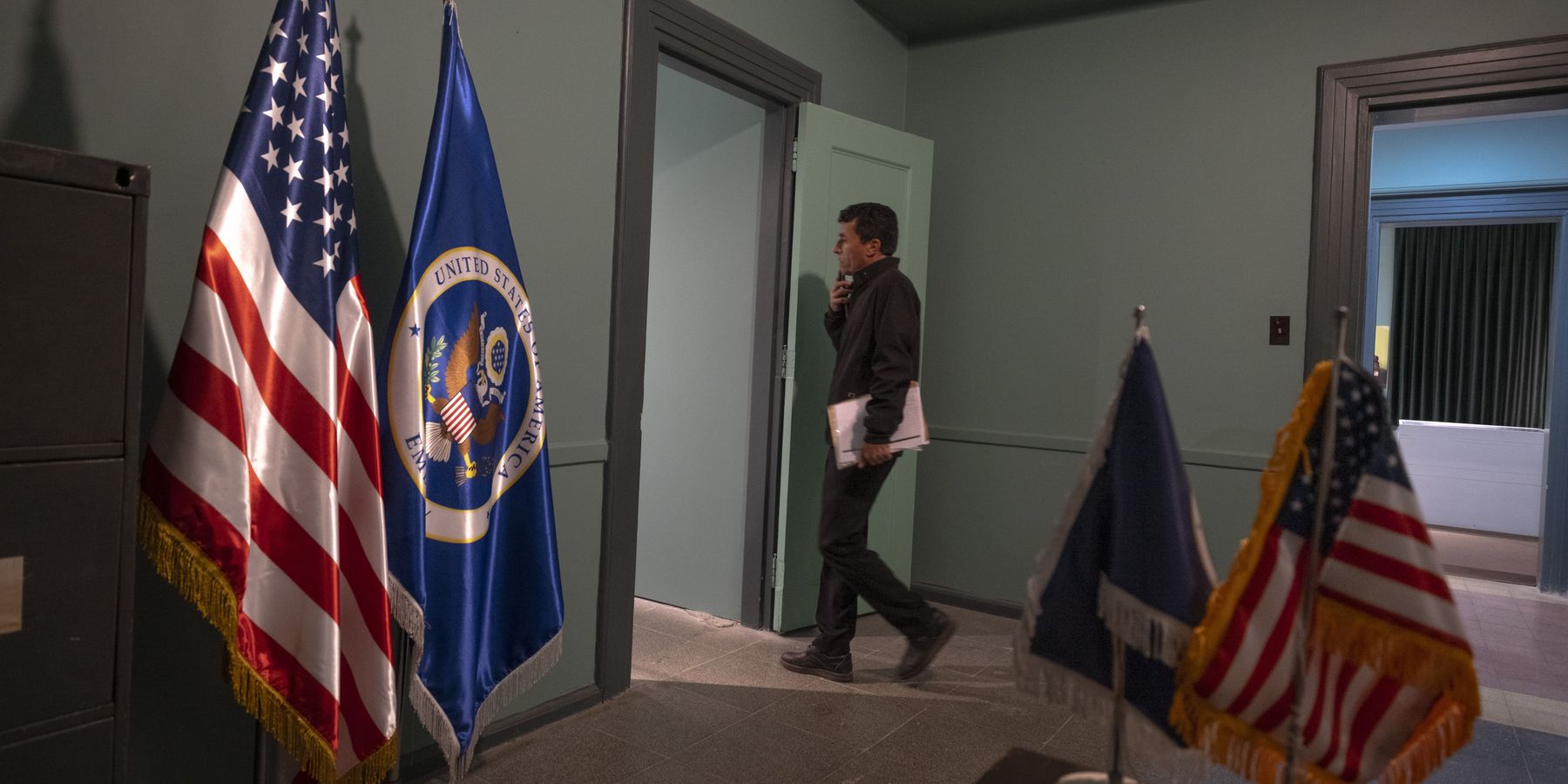As U.S.-Iran talks continue, new polling finds that nearly two-thirds of Republicans support a negotiated deal on Iran’s nuclear program over military action intended to destroy it.
Indeed, polling published by the University of Maryland Critical Issues Poll program and conducted by the SSRS Opinion Panel Omnibus from May 2 through 5, surveying over 1,000 respondents over 18, showed that a majority of Americans, 69% — including 64% percent of Republicans — view a negotiated agreement to limit Iran’s nuclear program, with monitoring, as the best way to prevent Iran from obtaining a nuclear weapon.
In contrast, 14% of respondents, including 24% of Republicans, preferred the U.S. take military action to inhibit or destroy Iran’s nuclear program. At 78%, Democrats remained more likely to support a negotiated deal over military action overall.
Asked about the prospects of Israel or Iran having nuclear weapons, further, a majority of respondents (70%) responded that neither country having such weapons would ultimately be the “least dangerous” for stability of the Middle East region. Israel is widely believed to have 90 plutonium-based nuclear warheads, though its government (and the U.S. government) neither confirms nor denies its nuclear weapons program. Some observers have estimated Israel’s arsenal as much higher, closer to 400 warheads.
The polling comes amid continued U.S.-Iran talks, which have proceeded despite their challenges. Indeed, Iranian Foreign Ministry spokesman Esmaeil Baqaei deemed the last round of negotiations “difficult,” yet “useful to better understand each other’s positions and to find reasonable & realistic ways to address the differences,” in an X post yesterday.
Trump’s foreign policy envoy Steve Witkoff also affirmed a policy of negotiated settlement over Iran’s nuclear program in an interview with Breitbart last week. But as noted in a piece by Sina Toossi on RS today, however, Witkoff shared one thing in common with the Iranians — that “no enrichment” is a red line, for the Americans who don’t want any enrichment, and for the Iranians, who say they must have it for their civilian nuclear program.- With Iran talks, Trump could achieve a triple win ›
- Witkoff's latest 'zero enrichment' red line has zero chance of working | Responsible Statecraft ›
- Activists blast Schumer for trying to 'out hawk' Trump on Iran | Responsible Statecraft ›
- The Capitol Hill Republicans against US war with Iran | Responsible Statecraft ›

















